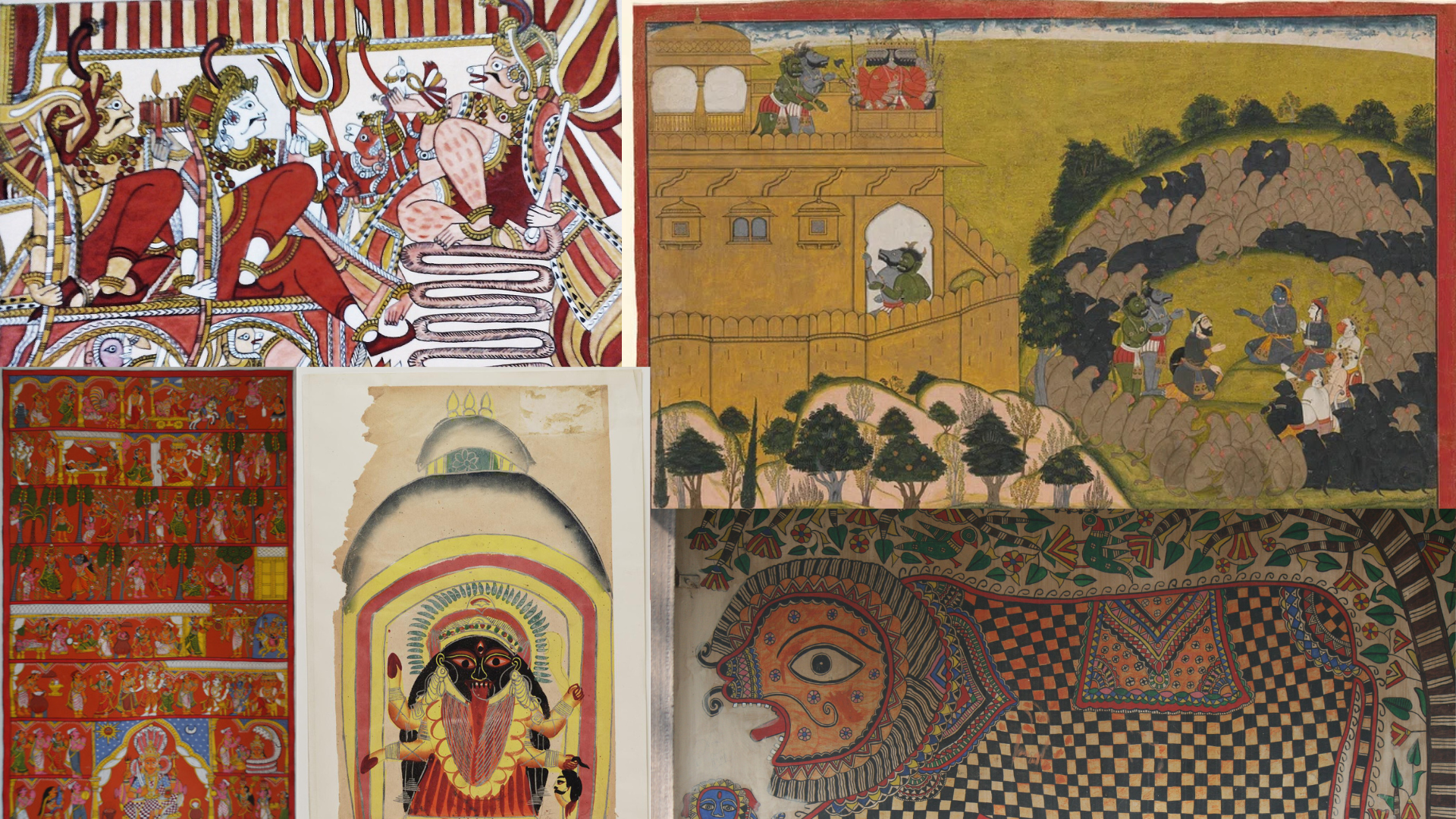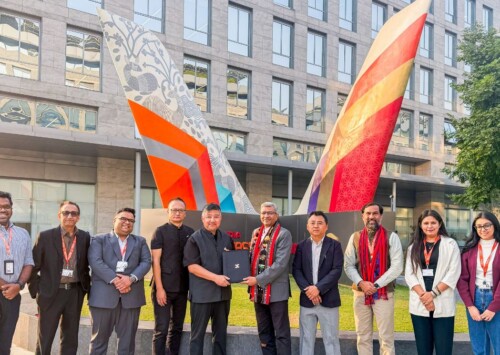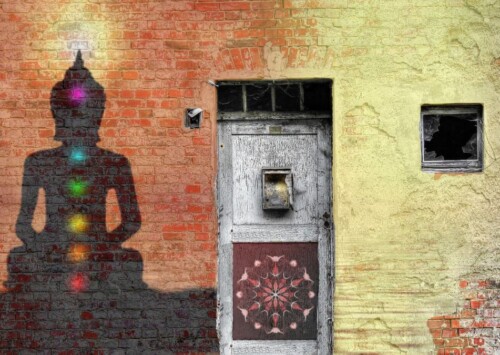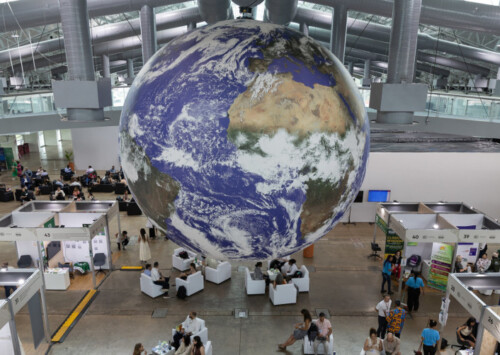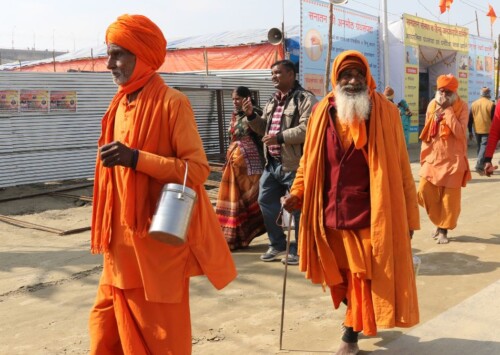Hidden gems of Indian folk art: From Bhil to Chitrakathi
Exploring the lesser known art-forms of India
Some of India’s old, regional and lesser-known art forms are not just crafts, they are living traditions that connect people to their history and heritage.
India is home to a rich and diverse cultural heritage, with each region offering its own unique art forms. While some traditional arts like Madhubani and Warli have gained wider recognition in India and abroad, many others remain lesser-known outside their regions.
These art styles are not just beautiful to look at, but they also tell stories of communities, their beliefs and daily life.
Here are some traditional Indian art forms one may not have heard of but are worth discovering:
Bhil Painting, Madhya Pradesh
Created by the Bhil tribe, this folk art is known for its vibrant colours and dot patterns.
Bhil paintings often depict nature, animals, gods and everyday village life. The paintings usually consist un-lifelike shapes of characters.
The dots, a distinctive feature, are not just decorative, they carry symbolic meanings passed down through generations.
Cheriyal Scroll Painting, Telangana
Cheriyal paintings are colourful narrative scrolls used in storytelling by village bards.
Made on khadi cloth, these scrolls illustrate mythological tales, folk legends and social scenes. Each painting is a mix of bright tones and expressive characters, painted using natural colours.
Chittara Art, Karnataka
Practised by the women of the Deewaru community in the Sagar district of Karnataka, Chittara art features intricate geometric designs.
The artworks are traditionally drawn on the walls of houses during festivals and rituals using natural colours derived from rice paste, mud and plant extracts.
Chitrakathi Painting, Maharashtra
Chitrakathi is a rare form of storytelling that uses hand-painted paper illustrations. Practised by the Chitrakathi community, in Sindhudurg district, Maharashtra, these paintings are usually based on historic and religious epics including Ramayana and Mahabharata.
Each picture is part of a sequence, helping narrate stories during performances.
Kalighat Painting, West Bengal
Originating near the Kalighat Temple in Kolkata during the 19th century, Kalighat paintings blend traditional themes with social commentary.
A form of Patachitra painting, Kalighat painting, is known for its bold brushstrokes and expressive faces. These artworks often portrayed gods, mythological scenes and even everyday life in colonial India.

